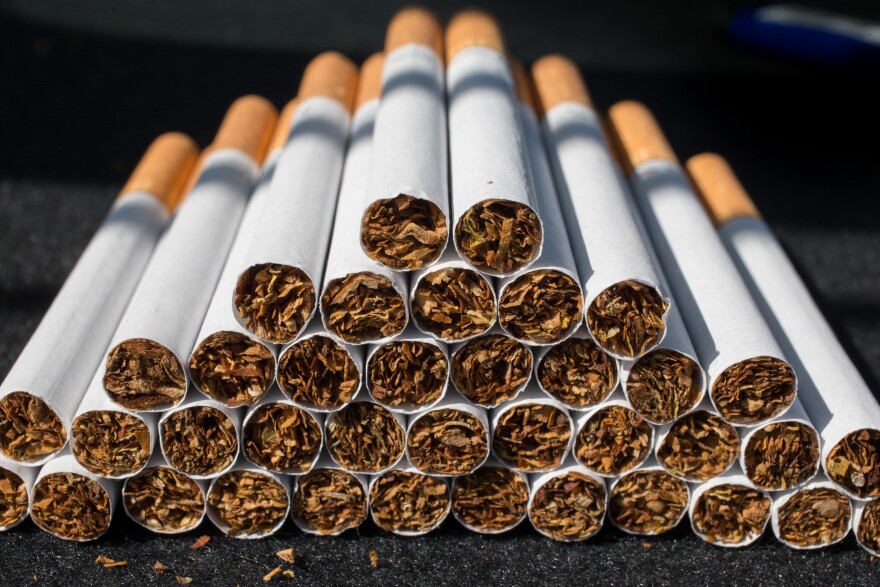Family Dollar is more likely to sell tobacco to underage buyers than its competitors, according to a joint study from East Carolina University and Stanford University using data from the Food and Drug Administration from 2015 to 2020.
The ECU/Stanford study compared seven major grocery and dollar store chains, including Walmart, Publix and Dollar General. The study found the seven retailers failed 9% of FDA inspections on average, while Family Dollar failed 12% of inspections over the five-year period.
Dollar stores have increased in popularity over the last decade, especially in lower income and rural areas where traditional grocery stores are scarce. Dollar General has even begun branding itself as a grocery store alternative in underserved areas. In some areas, it is the only “grocer” in town. Family Dollar is more likely to be in neighborhoods with more minority and low-income residents. Even after accounting for neighborhood characteristics, Family Dollar remains the highest violator in the study.
“Family Dollar has a significantly higher violate rate,” Joseph Lee, an ECU professor on the study, said. “That exists even after we statistically control for the types of neighborhoods the stores are located in.”
In a statement, Family Dollar noted the data ends in 2020. The FDA halted site inspections in March 2020 due to the pandemic. Family Dollar says it has since put in an “enhanced compliance system” and that it has a zero-tolerance policy.
Family Dollar’s 12% failure rate from 2015-2020 does show a decrease after looking at Family Dollar’s performance over the course of a decade. In 2019, the FDA sent a warning letter to Family Dollar, citing that it failed almost a quarter of its inspections since 2010.
Though no difference was found between dollar store chains and grocery chains, the idea behind the ECU/Stanford study was that maybe lower price tags at dollar stores attracted more underage buyers.
"Going into it, our hope was that we wouldn’t see any differences because it would mean everybody was doing their part,” Lee said.
Though the retailers failed on average one in ten inspections, Lee says the actual rate of selling to underage buyers is likely higher.
“It's almost certain that stores are selling more often to underage buyers,” Lee said.
Though tobacco use among high schoolers nationally is trending downward, it remains a national and state public health concern. Roughly 2% of high school students reported smoking a cigarette over the course of a month in 2022. That’s down from 16% in 2011. But traditional cigarettes are being replaced by e-cigarettes. Last year, 14% of high school students reported using e-cigarettes, a decrease from 28% in 2019.
Antwan Happoldt, public information office for Northa Carolina’s Alcohol Law Enforcement (ALE), which enforces the state’s tobacco laws, says most underage users obtain tobacco from older peers who are of legal age.
“It’s usually someone they know, whethey they’re of age or going into a location where they have a rapport and purchasing that way” Happoldt, a former inspector, said.
One effort that’s helped reduce underage tobacco use is Tobacco 21, federal legislation that raised the legal age to purchase tobacco products to 21.
Lee says the rationale behind the legislation is to put more distance between underage buyers and those of legal age.
“It makes the age when most people get addicted be further away from having peers who are able to legally buy,” he said. “You’re less likely as a 13-year-old to have a friend who is 21.”
The legal age to purchase tobacco remains at 18 years under North Carolina law. Federal law trumps state law, so retailers cannot lawfully sell to those under 21. State agencies enforce state law, so when ALE inspects a store, it checks for the 18-year-old limit.
North Carolina set a goal of having less than 15% of high schoolers using tobacco products by 2020. However, the most recent data in the North Carolina Youth Tobacco Survey from 2019 showed more than a quarter of high school students used tobacco products, well above the state’s goal.



